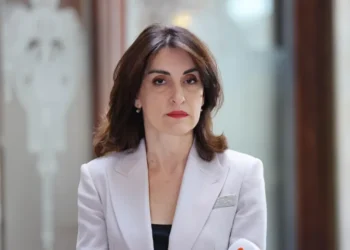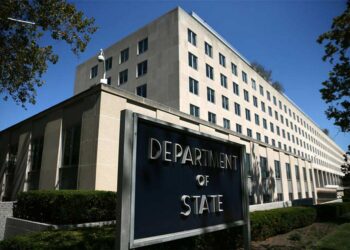In a swift and controversial move, Georgia’s Parliament has passed a legislative package restricting the activities of international donor organizations, prompting sharp criticism from European and American officials who warn the country is backsliding on democratic reforms.
The law, passed in its third reading under expedited procedures, bans foreign grants from being issued in Georgia without prior approval from the government or an authorized representative. Organizations that violate the rule will face fines amounting to twice the grant’s value. Oversight of compliance will be handled by Georgia’s Anti-Corruption Bureau.
Additionally, the legislation prohibits international organizations from holding lectures, seminars, or similar public events that support political parties. The bill was adopted unanimously by 80 MPs and amends existing laws, including the Law on Political Associations of Citizens and the Law on Grants.
Exemptions were made for grants issued by international sports organizations, as well as individual scholarships for education or scientific work abroad.
The move immediately sparked outrage from international partners. Member of the European Parliament Richards Kols issued a strongly worded statement condemning the law and warning of growing authoritarianism in Georgia under the ruling Georgian Dream (GD) party.
“The new GD law blocks foreign aid to NGOs, media, and civic groups—unless approved by the regime trying to silence them,” Kols said. “This is state capture. Straight out of Lukashenka’s playbook.”
Kols also noted that the European Parliament has rejected the legitimacy of Georgia’s upcoming 2024 elections and called for new elections within a year.
“The EU must act,” he urged. “Sanctions, a full policy reset, and no more illusions about Georgian Dream’s intentions.”
US Senator Jeanne Shaheen (D-NH), a member of the Senate Foreign Relations Committee, also expressed concern, calling the legislation a serious blow to Georgia’s civil society.
“The Georgian Dream fast-tracking another draft law to stifle NGO operations is one more step away from the democratic future the Georgian people want,” Shaheen said on X. “Political leaders shouldn’t fear the Georgian people. Georgian civil society are fiercely independent actors.”
The Georgian government’s push for tighter control over foreign-funded organizations comes amid broader concerns about democratic backsliding in the country. Civic groups and opposition parties have repeatedly accused the ruling party of silencing dissent and undermining institutions that have long been supported by Western allies.
Observers warn that the new restrictions could significantly hinder the work of NGOs, independent media, and grassroots organizations that have played a vital role in Georgia’s democratic development since its independence.
By Team GT














